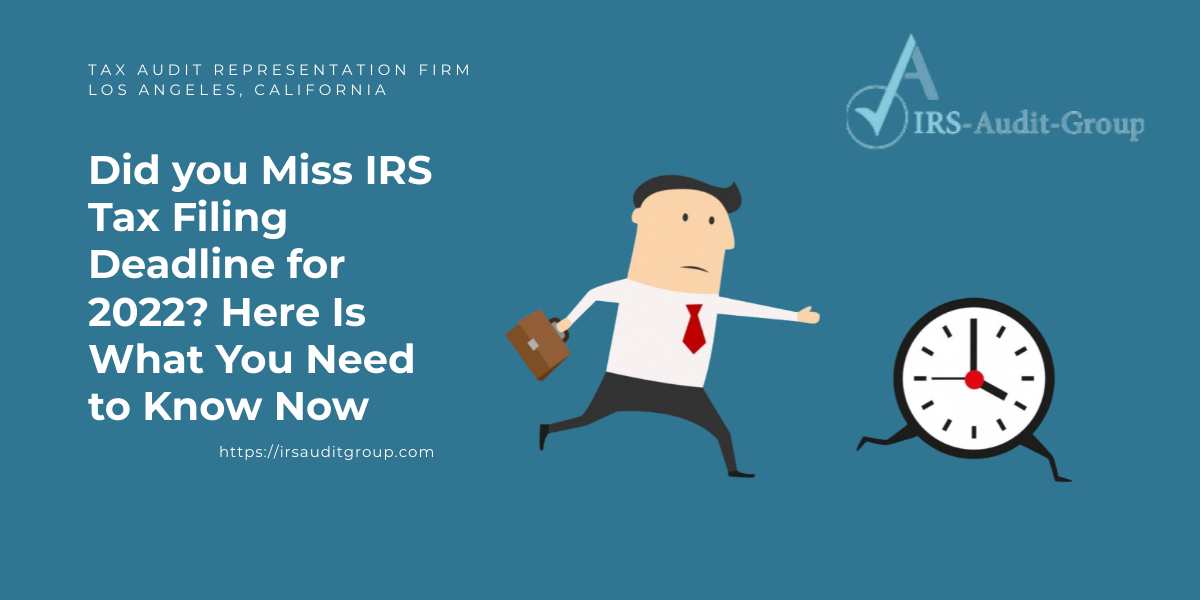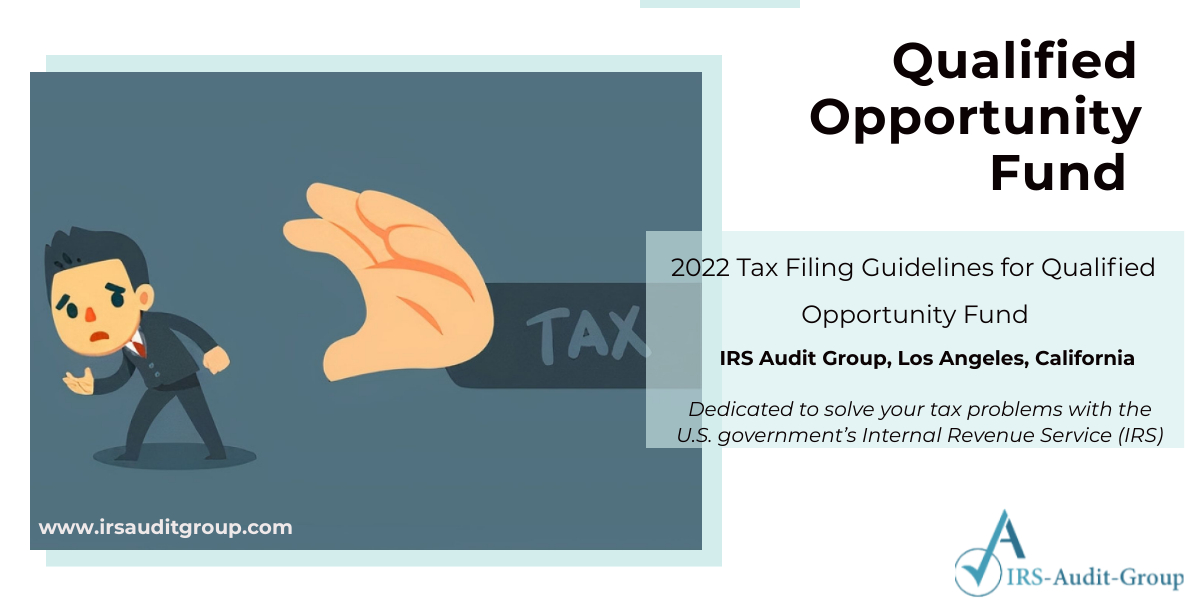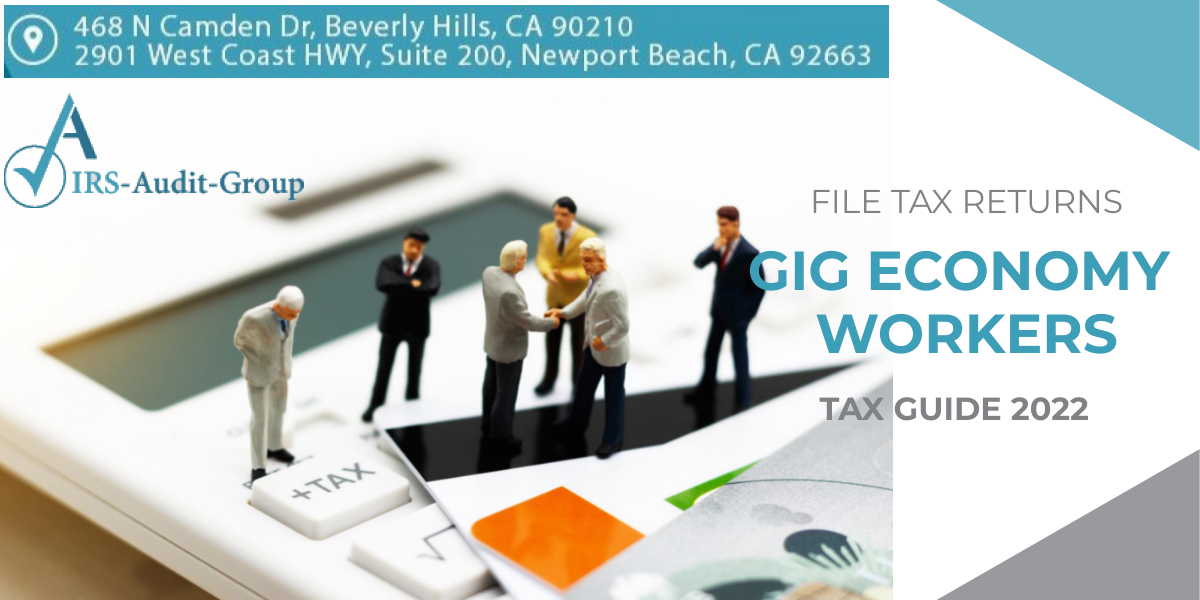The IRS tax filing deadline has ended for most individual taxpayers for the season 2022. In case, if you have not done the tax filing by the end of the deadline which was on April 18, 2022, it is important to know the consequences as well as other options. People who qualify for tax exempt or who don’t owe taxes will not receive any penalties and interests. But it is different for those who have the liability to pay tax. They need to file tax return as soon as they can do it in order to reduce penalties and interest.
For the tax season 2022, IRS advised that individuals who owe taxes need to file returns and pay as much as possible on/before Jun 14, 2022, to avoid hefty fines. It also recommended to use the electronic filing options for faster processing. Similarly, the fastest and easiest way to pay the taxed is with IRS Direct Pay.
IRS Late Filing Penalty Structure
Missing the deadline of June 14 will typically result in a failure-to-file penalty, which is also known as a minimum late filing penalty. The minimum fine is $435 or 100% of the unpaid tax, whichever is smaller, if the return is more than 60 days late. If the taxpayer owes $435 or less in taxes, the penalty will be equivalent to that amount. The minimum fine will be at least $435 if they owe more than that.
Under the normal calculation, this penalty is 5% of the unpaid tax for each month or part of a month that the return is late, up to a maximum of 25%. Once the taxpayer files return, the late filing penalty will no longer be charged. In addition, once the tax is paid, the separate late-payment penalty and interest will also stop growing. None of these costs need not be calculated by the taxpayer. The IRS will instead send them a bill for any overdue sum.
Late Filing Options for Tax Season 2022
Even if the taxpayers have not filed the returns before the April deadline, they can do so electronically through Free-File service. Those who qualify can avail this free-file service until October 17, 2022. If you are not eligible for IRS Free File, then you can e-file using Free File Fillable Forms. The IRS paper forms used in this option are electronic counterparts. It helps individuals who are comfortable filing their own taxes where the e-filing does the part of the math.
Sometimes, taxpayers may miss the deadline because they were not able to pay the taxes, which in case they can opt for payment plan with the IRS. The best way to apply is to use the IRS Online Payment Agreement tool. Once the online process is complete, you’ll receive immediate notification of whether the agreement is approved. IRS provides two types of online payment plans as follows
- Short-term payment plan: If the entire amount owed, including taxes, penalties, and interest, is less than $100,000 and the payment period is 120 days or less.
- Long-term payment plan: If the total amount payable for the tax, penalties, and interest is less than $50,000 and the payment period is greater than 120 days. If IRS approves long-term payment plan, a setup fee can be charged depending on the taxpayers’ income.
If you are not eligible for an online payment plan, you may also request an installment agreement by submitting Form 9465, “Installment Agreement Request”, with the IRS. If the IRS approves your IA, a setup fee may apply depending on your income.
Can You Avoid the Penalties?
The penalties for late filing, late payment, and interest on unpaid taxes pile up quickly, so it’s crucial to file as soon as possible. A taxpayer who files after the deadline can, however, under some circumstances, be eligible for penalty relief. Those who received a penalty may call the IRS at the number listed on their notification and explain why they were unable to file and pay on time.
Administrative penalty reduction is frequently available to taxpayers who have a history of timely filing and payment. Generally, a taxpayer is eligible if they have been timely filing and paying taxes for the last three years and meet additional criteria.
IRS Audit Group is a Tax Audit Representation company in Los Angeles, California with a team of Tax Professionals, CPAs, Enrolled Agents, and Tax Attorneys. They are primarily specialized in IRS Audit Representation. We provide free consultation to understand your tax problems. Contact us: https://irsauditgroup.com/contact/
Toll-Free: (888) 300-6670
Emergency Number: (310) 498-7508
Email Address: [email protected]





